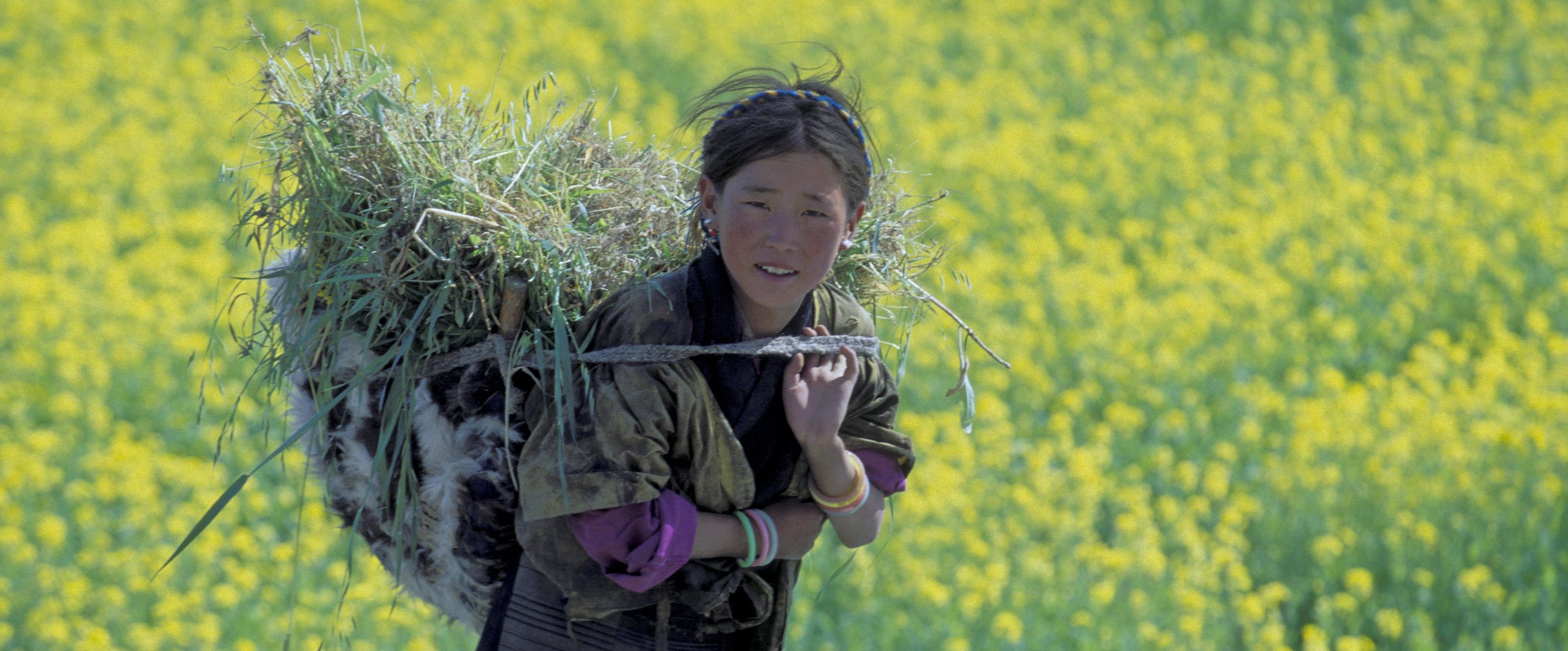When Will China Have a Clear Plan for Tackling Beijing’s Smog?
In February, a Chinese documentary called Under the Dome was leaked online and threatened to shake up China’s environmental status quo. Likened to An Inconvenient Truth, the film by journalist Chai Jing recounted the story of her daughter’s health complications, which were attributed to air pollution. Chai also got political, citing environmental research and calling for government leaders to take action. A viral video was born.
Teachers showed the film in Chinese classrooms. Office workers watched it at desks. Commuters streamed it on mobile phones. Within three days of its release, the film had garnered over 300m views, and discussion blew up on social media. Behind the commotion, a clear message prevailed: something must be done.
Nearly 10 months later, the film has largely fallen from the collective consciousness. Nonetheless, the alarm bells it sounded may have contributed, in a small way, to the tightening of regulations that have made 2015 the least polluted year in Beijing’s recent history. While this progress is noteworthy, a three-day “red alert” issued in Bejing this week, the first of its kind, is a reminder that there is still a long road ahead.
The phrase “red alert” evokes images of destruction, disaster and panic. In Beijing, this wasn’t the case. In an orderly, though not prompt fashion, the localgovernment announced restrictions on Monday evening that would take effect on Tuesday morning. Citizens heeded them. Construction sites ceased work, schools cancelled classes, factories shut down. The odd-even license plate system, which permits private car owners to drive only every other day, was enacted.
Since 2014, this system had been implemented twice – once to create clear skies for the military’s Victory Day parade and once for Apec 2014, the 26th annual gathering of Asia-Pacific Economic Cooperation leaders. This latest effort was the only one of the three in which the system did not result in clear skies. Traffic flowed more freely but the haze hung on. In addition to restrictions came helpful suggestions. Citizens were advised by state media to stay indoors, blow their noses and drink more tea.

In the midst of these orders and recommendations, many seemed puzzled. Why was a red alert announced this week, when the American embassy’s air quality index readings fell within the 200 to 400 range – deemed “very unhealthy” to “hazardous” – and not last week, when readings skyrocketed to over 500, off the top of the scale? Gesturing towards the grey sky, a taxi driver told me, “This isn’t special. This is just Beijing.”
On day two of the red alert, I visited 12-year-old Sam Su (not his real name), a former student of mine, and his family at their home in west Beijing. Despite knowing better the Sus, like many, have a lax attitude about their exposure to pollutants. They regularly leave windows cracked open. Sam and his mother, a doctor at one of Beijing’s largest hospitals, often exercise outdoors without masks, on polluted evenings. So it was surprising to see that they had taken the government’s recent orders seriously. The windows were shut. A brand new air filtration system, the size of a small washing machine, had been set up in their living room. We stayed indoors, and drank tea.
Although their actions reflected concern, Sam and his mother retain a flippant verbal stance. His mother was annoyed that schools were cancelled. When I asked Sam what he thought, his answer was not about PM 2.5, tiny airborne particles linked to cancer and heart disease, or the long-term health effects of the smog. “It’s awful. There’s so much homework,” he said. His teachers were sending assignments via text message so that students did not fall behind. “My mom is making me stay in and study, while my friends are having fun.” He scrolled longingly through his WeChat app’s newsfeed, full of friends’ posts that boasted about leisurely activities: playing computer games, visiting local sites, going to the cinema.
Here in Beijing, the Sus’ combination of concern and apathy is commonplace. The super rich can move abroad, but for the majority of Chinese, there isn’t much to do but wait. In the meantime, men and women wearing pollution masks pause on the pavement to snap photos of the city’s obscured skyline. On social media, users post these photos accompanied by wry jokes and pollution-referencing parodies of classical Chinese poems. But behind the murky photos and fatalistic humour, the message is stronger than ever: we must keep talking about this and something must be done.


